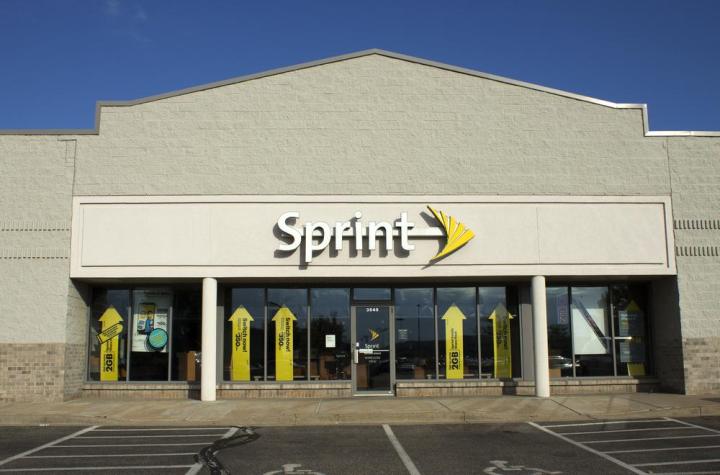
The investigation hinges on a particularly dastardly method of revenue collection, wherein major carriers add seemingly minor increases to their customers bills for small fines and services. This tactic is referred to as “cramming, and the FCC and FTC have been investigating carriers for a while now. Sprint and Verizon are not the first companies the two agencies have set their sights on. Recently, both T-Mobile and AT&T were fined for cramming charges.
The FCC memo states that Sprint and Verizon “billed customers millions of dollars in unauthorized third-party premium text messaging services [PSMS], a practice called ‘cramming.”
“The monthly charge for these third-party premium text messaging services ranged from $0.99 to $14.00, but typically were $9.99 per month,” the memo reads. “Verizon retained 30 percent or more of each third-party charge that it billed, while Sprint received approximately 35 percent of collected revenues for each of its third-party charges.”
The many customers who complained to the FCC stated that they never added the third-party services for which they were charged to their plans, or authorized the charges at all. When the customers contacted their respective carriers for a refund, the carriers refused to reimburse them. When the FCC later sought proof that customers had asked for the services in question, the carriers were “unable to prove that these services were ever requested.” The carriers were thus found guilty of cramming charges.
About $120 million of the total settlements are intended for customer refunds. The carriers agreed to halt the practice in 2013, after being called to the attention of the federal agencies, but the settlements indicate that the companies continued the charges into 2014.
Current and former Verizon customers can submit claims for refunds here, and Sprint customers can do so here. If you have had any un-refunded PSMS charges billed since July 1, 2010, you can submit a claim until December 31, 2015.
Editors' Recommendations
- 5G coverage map: Where you can get 5G on Verizon, AT&T, T-Mobile
- The FCC will hit phone carriers with a $200 million fine over location sharing


